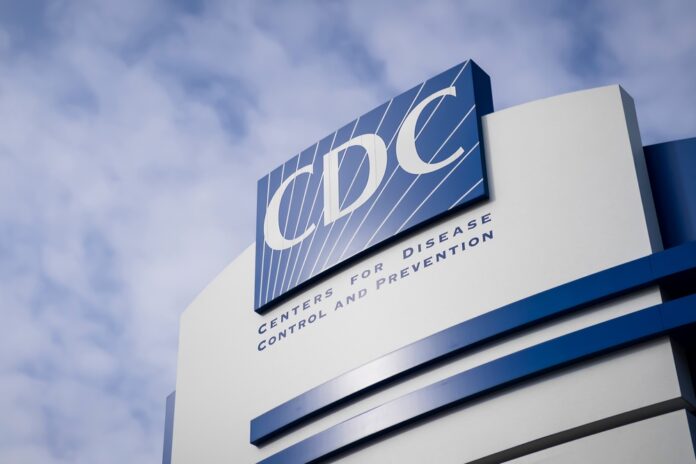The CDC has issued a warning stating that parvovirus B19, a respiratory illness also known as “Slapped Cheek Disease,” is increasing across all age groups in the United States.
“Slapped Cheek Disease” gets its name from the fact that the virus usually develops a mottled rash on the face that looks like someone has slapped the affected person.
European public health officials reported abnormally high numbers of infections in fourteen nations in the spring, prompting the CDC to issue a health advisory in August.
The parvovirus that affects animals and the parvovirus B19 are distinct. Infecting or contracting the disease from your pet is not possible. Dogs cannot transmit parvovirus to humans. Canine parvovirus, the kind of parvovirus that infects dogs, is not contagious to people since parvovirus is species-specific.
In most cases, the symptoms of parvovirus B19, a common viral condition, are either nonexistent or relatively minor. Red blood cells are an occasional target of the virus. These cells are temporarily halted in production due to infection, and it only impacts those whose red blood cell production is abnormal.
In many cases, parvovirus B19 infection is relatively mild.
Serious health consequences can occur in pregnant women and individuals with chronic blood diseases. Women who are particularly vulnerable to the virus might transmit the disease to their unborn children. The risk of miscarriage is raised in 5% to 10% of instances when parvovirus is contracted early in pregnancy. However, the CDC pointed out that most pregnant women are safe from the virus because the majority of people have immunity to it.
The CDC reports that respiratory droplets are discharged into the air by an infected person’s cough or sneeze. According to scientists, children can contract the virus at school and then pass it on to their classmates. While some Parvovirus B19-infected individuals may feel ill, the majority will show no symptoms at all.
Children who are vulnerable to the virus may have flu-like symptoms, such as a high temperature, sore muscles, and tiredness about seven days following exposure. These symptoms usually subside after a week. At this stage of the disease, people are more likely to spread it to others.
After a person develops a rash, they are usually no longer contagious, according to specialists. A cheek rash is less common in adults. According to the CDC, a small, itchy rash may appear on the skin of the body, including the arms, legs, back, buttocks, and chest. Within a week to ten days, it often disappears.
Adults may just feel joint soreness, which often subsides after a week or two but might linger for months in extreme situations. It frequently goes away on its own without causing any lasting problems.
There is no vaccination available to protect against parvovirus B19, but most will recover without any lasting effects. Doctors recommend washing one’s hands often to help avoid transmission.
Parvovirus B12 antibodies help stop the virus from coming back, and the immunity lasts a lifetime once you’re infected. The majority of Americans have immunity.

